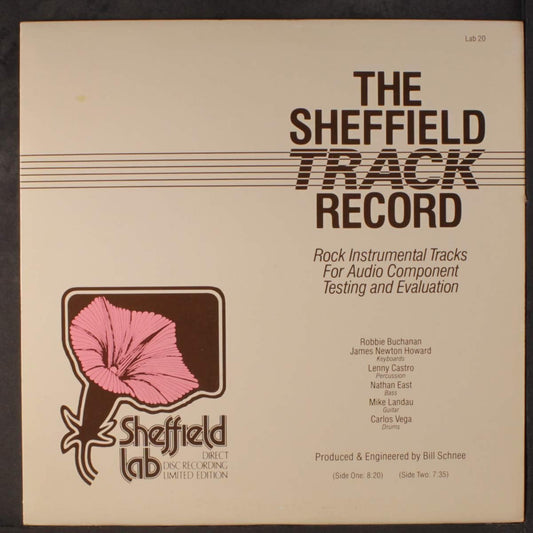Perfection in its literal form is a myth. We strive for perfection in our systems, our lives, our friends and come away frustrated.
What we likely mean is perfect including the inevitable flaws, but not all of us see it that way.
If I had to guess, I'd imagine perfectionism is more about our need for approval.
If one grows up believing “I am what I achieve and how well I achieve it”, then perhaps you're in the lot that struggles a bit when everything doesn't go according to plan.
That's alright. There's certainly nothing wrong with seeking approval nor is there anything wrong with building a life around achievements—only, it can be a bit tough at times.
It's one thing to seek the perfect in our toys if that makes us happy. I worry when perfectionism is focused on what will others think? That's a tough place to be and when I feel that sentiment invade my being, I try laughing at myself and letting go. Laughter helps me.
Perfect happens when you're feeling good about life.









